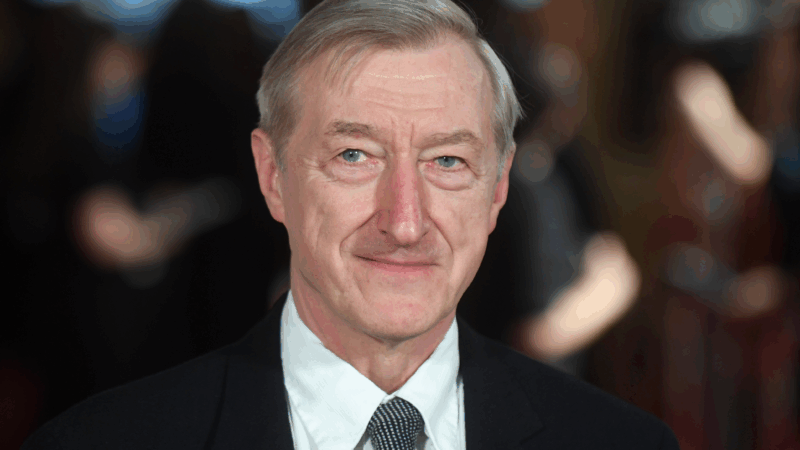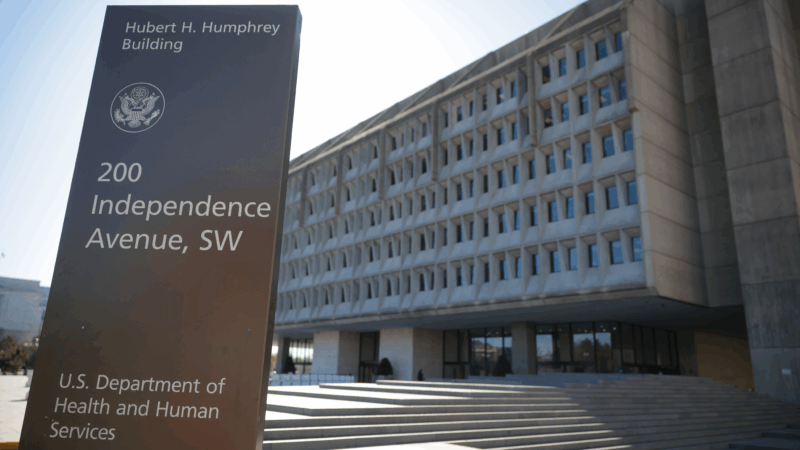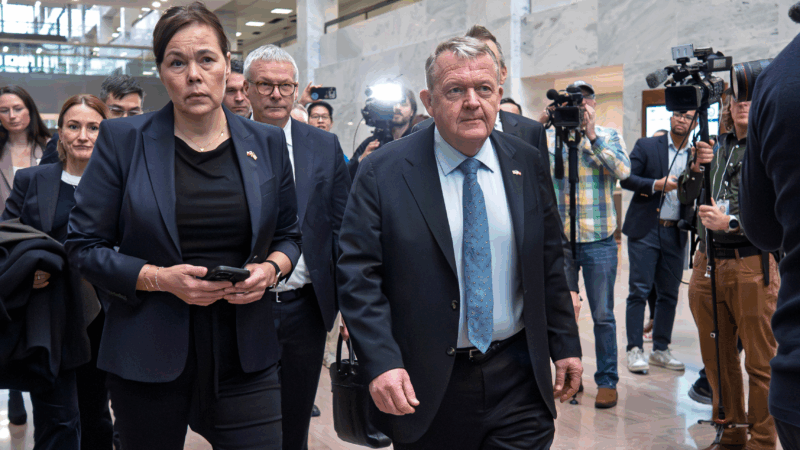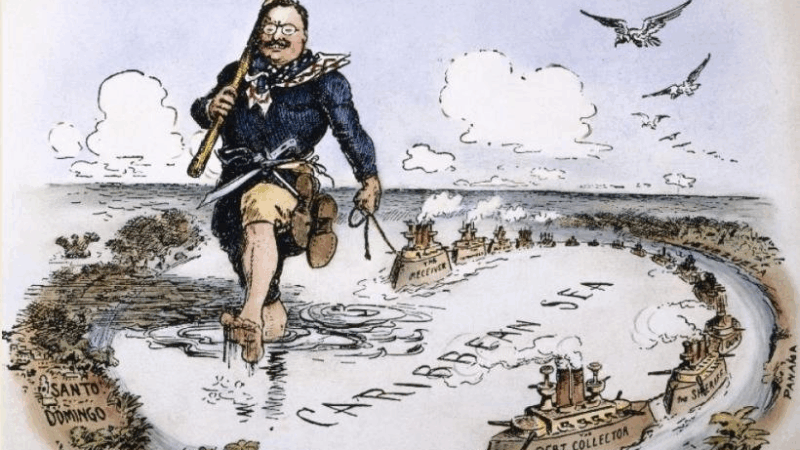NIH scientists call on director to protect biomedical research
Hundreds of scientists at the National Institutes of Health (NIH) issued a call for action they dubbed the Bethesda Declaration on Monday to push back against cutbacks and changes at the biomedical research agency.
Organizers say more than 340 staffers on the NIH’s sprawling campus in Bethesda, Md., just outside Washington, D.C., sent the document to NIH Director Jay Bhattacharya appealing to him to protect the agency. They say the Trump administration is putting politics ahead of academic freedom.
Before taking over at the NIH, Bhattacharya was known for helping write the controversial Great Barrington Declaration, which questioned lockdowns and other public health measures early in the COVID-19 pandemic.
In the Bethesda Declaration, the scientists say the Trump administration has “forced NIH, under [Bhattacharya’s] watch” to “politicize” research, “stigmatize” studies about health disparities, and cut research into COVID-19, long COVID, the health impacts of climate change, and medical issues related to gender and intersex people among other important areas.
“For staff across the National Institutes of Health (NIH), we dissent to administration policies that undermine the NIH mission, waste public resources, and harm the health of Americans and people across the globe,” the declaration says. “The life-and-death nature of our work demands that changes be thoughtful and vetted. We are compelled to speak up when our leadership prioritizes political momentum over human safety and faithful stewardship of public resources.”
The document is notable because most NIH employees are afraid to publicly criticize the new administration publicly for fear of losing their jobs or their funding — a situation the declaration calls a “culture of fear and suppression.” The document was signed by 92 employees who revealed their names.
“Standing up in this way is a risk, but I am much more worried about the risks of not speaking up,” said a statement by Jenna Norton, one of the lead organizers of the declaration and a program officer at the National Institute for Diabetes and Digestive and Kidney Diseases. “If we don’t speak up, we allow continued harm to research participants and public health in America and across the globe. If we don’t speak up, we allow our government to curtail free speech, a fundamental American value.”
In a written response, Bhattacharya said the Bethesda Declaration “has some fundamental misconceptions about the policy directions the NIH has taken in recent months, including the continuing support of the NIH for international collaboration. Nevertheless, respectful dissent in science is productive. We all want the NIH to succeed.”
More than 40 scientists from outside the NIH, including 21 Nobel laureates, also initially signed a separate letter supporting the Bethesda Declaration. In addition, more than 500 signed the letter Monday morning after the document was made public.
“We commend the NIH staff who have come forward with the ‘Bethesda Declaration’ to share concerns in the spirit of academic freedom, for the good of all,” the letter states.
“We urge NIH and Department of Health and Human Services (HHS) leadership to work with NIH staff to return the NIH to its mission and to abandon the strategy of using NIH as a tool for achieving political goals unrelated to that mission.”
Both documents were released one day before Bhattacharya is scheduled to testify before Congress about the NIH’s budget. The Trump administration has proposed slashing the NIH budget by nearly 40% to $27.5 billion from $44.5 billion.
Julian Barnes says he’s enjoying himself, but that ‘Departure(s)’ is his last book
Part memoir and part fiction, Barnes' hybrid novel publishes the day after his 80th birthday. He's been living with a rare form of blood cancer for six years.
24 hours of chaos as mental health grants are slashed then restored
For 24 hours, it was unclear which mental health and addiction programs would survive and who would still have jobs when the dust settled.
This country taxes menstrual pads as luxury goods. She’s suing to end the tax
Bushra Mahnoor remembers the shame she felt when she had her period as a teen and did not have the supplies she needed. Today she leads a campaign to lower prices for pads in Pakistan.
‘Starfleet Academy’ interrogates the values at the center of ‘Star Trek’ itself
It's not quite clear what the latest Trek series wants to be: a rollicking adventure, a college coming-of-age story, or a bizarre blend of both?
European troops arrive in Greenland to boost the Arctic island’s security
Troops from several European countries, including France, Germany, Norway and Sweden, are arriving in Greenland after talks between Denmark, Greenland and the U.S. on Wednesday highlighted disagreement.
What Teddy Roosevelt has to do with Trump’s moves in Venezuela and Greenland
Presidents James Monroe and Theodore Roosevelt helped shape a policy that rationalizes U.S. intervention in Latin America and elsewhere. But Trump has brought that idea to a whole new level.







